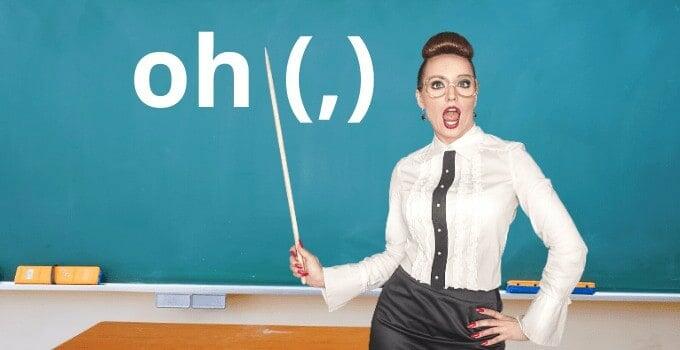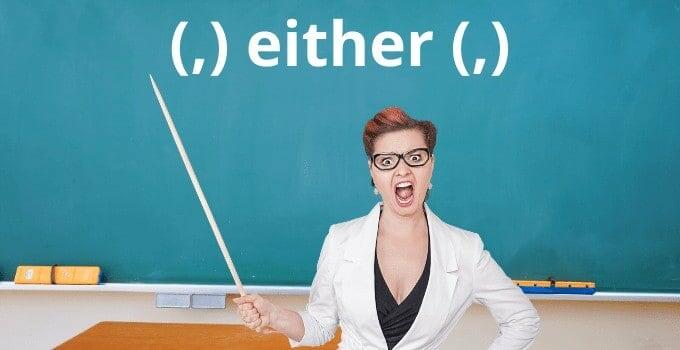It’s, a bit, annoying, when people, put unnecessary commas, in sentences. Let’s eat Tracy! Commas are generally used to signal the reader in taking quick breaks to breathe before proceeding to the next part of the sentence. While commas are essential in separating word series, phrases, or clauses, their unnecessary usage makes sentences awkward and …
Comma
A gerund is a verb with “ing” added to the end of it. That sounds pretty straightforward, but identifying a gerund is not quite as simple as that because adding “ing” to a noun does not automatically make it a verb. Only some verbs ending in “ing” are gerunds. We’ll discuss more at length how …
When you should and shouldn’t use a comma after the word “recently.” There are a lot of complicated rules in the English language, but commas certainly take the cake. No matter how familiar you are with commas, there are some that can really trip you up. In this article, we’ll look at the word “recently” …
Understanding how and when to use the comma in English can be confusing. One reason is because there is not always a strict rule about when to use a comma. Both native and foreign speakers of English struggle with comma usage. While there are times when you definitely need a comma and times when you …
When to put a comma after “Oh” in a sentence Oh, hi! Didn’t see you there. Were you looking for an article about comma use after the word “oh”? If so, I have just the thing. Do you need a comma after “Oh”? When you’re using “Oh” like an interjection (a part of speech …
Of all the punctuation marks that we writers have to wield, the comma may be the hardest to master. Why, I hear you wonder, are commas so unwieldy? After all, aren’t there plenty of grammar books and style guides telling you how and when to use these little creatures? Yes, there are several style guides …
For many writers, especially those still starting out, the rules governing grammar and punctuation may seem esoteric and strange. Also, if you’ve ever had the displeasure of coming across a stickler for the rules, you are always left with the impression that those who don’t follow grammar rules to the letter might as well not …
Commas can be confusing for many. The rules aren’t always clear, and a lot of the times putting a comma becomes a matter of judgment. It becomes a matter of whether a comma will enhance the meaning or improve the legibility of the text. However, even when there are clear cut rules, these can be …
Using commas with words is quite a pain in the neck. We think we know what to do, yet at times we don’t. This very dilemma happens to be true with the word “sometimes,” an adverb of frequency that also means “occasionally.” This article, however, would like to focus only on when to use a …









